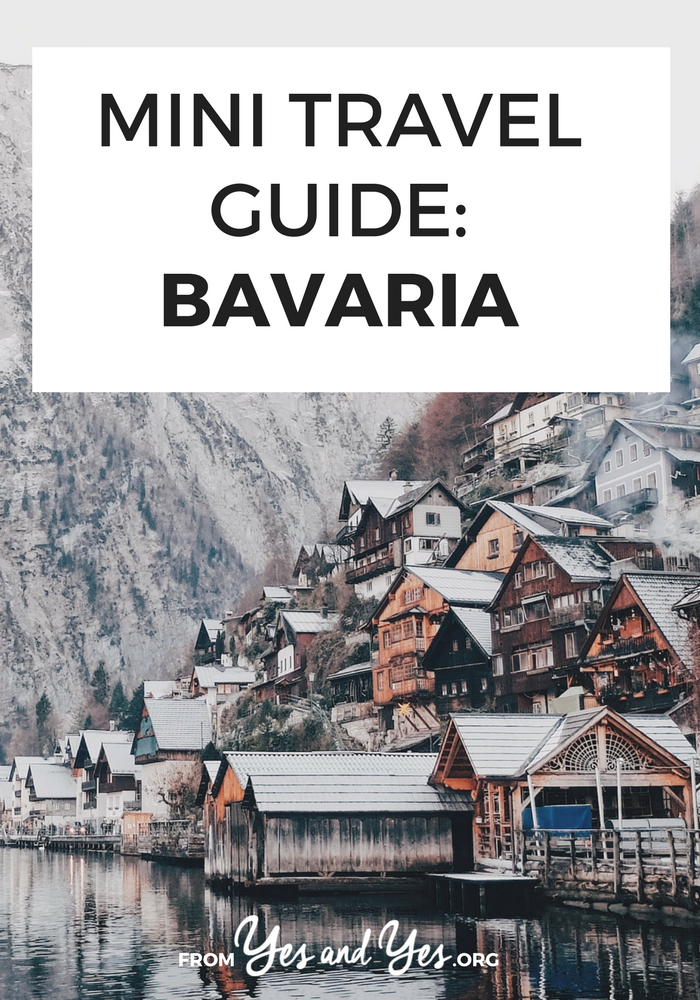
Hi! I’m Margo, a Virginian currently calling Germany home. Since moving here in 2013, my husband, schnoodle (that’d be a schnauzer + poodle) and I have been traveling around Europe nearly nonstop.
There’s so much to see! One of our favorite destinations to explore is not far from our front door: Bavaria! Home of BMW (Bavarian Motor Works), Oktoberfest, and Bayern Munchen (the Yankees of European soccer clubs), the German state of Bavaria attracts visitors worldwide who come to enjoy it’s culture, food and stunning scenery.
Must Go in Bavaria and Northern Austria
Munich
The vibrant capital of Bavaria, Munich (or Munchen) is considered to be one of Europe’s most livable cities. In the city center, visitors find countless pedestrian zones engulfed in cross-timbered architecture, and littered with historic watering holes, like the Hofbrauhaus.
Apart from touring the famous Residenz Palace, be sure to check out the surfers in the English Gardens and grab a beer from one of its many beer gardens.
Neuschwanstein Castle
Salzburg (Austria)
Garmisch
Rothenburg ob der Tauber
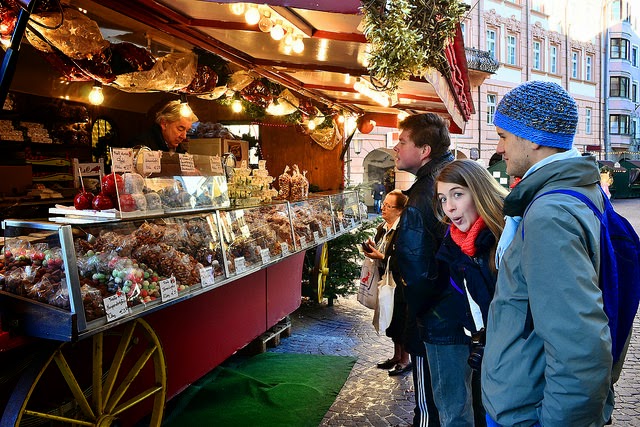
Must Do in Bavaria and Northern Austria
Party at Oktoberfest
Hike in the Alps
Tour the Christmas Markets
The markets in Rothenberg (mentioned above) are hugely popular, however, Bamberg and Regensburg are also well worth seeing.
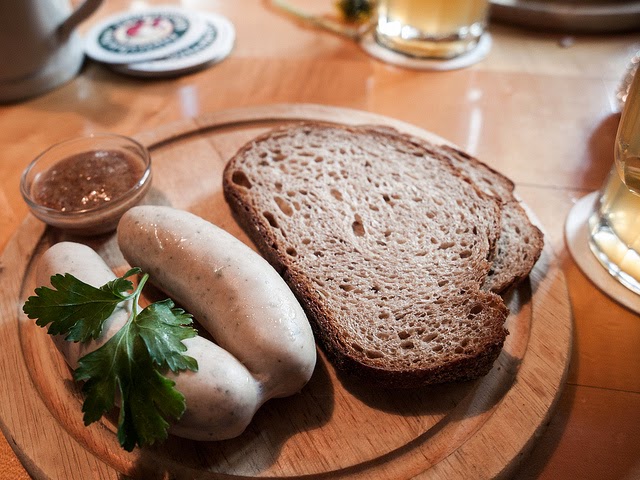
Must Eat in Bavaria and Northern Austria
Weisswurst
This white sausage is eaten without it’s skin (ask a local for instructions on the skinning process!) and served with a generous heap of mustard and a classic German pretzel. You’ll find lots of wursts for sale, but in my opinion this one takes the cake!
Kase Spatzle
Beer
The rumors are true, beer in Bavaria (and all over Germany for that matter) is truly cheaper than water. Dunkelweisen is dark and chocolaty while Hefeweizen is white and wheaty, much like Blue Moon. Pils is your classic choice and a Radler is a surprisingly delightful mix of pils and lemon soda (a great choice for Oktoberfest attendees looking for a less blurry experience).
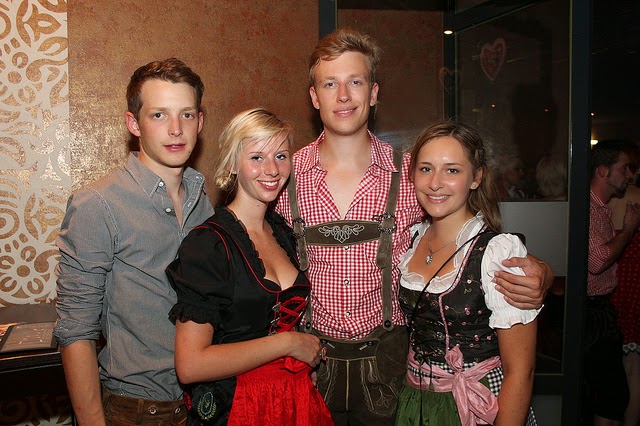
Cultural Tips for travel in Bavaria and Northern Austria
Bavarian Attire
Bavarians pride themselves on their traditional dress; for many, dirndls (for ladies) and lederhosen (for men) are indeed everyday apparel. If you’re joining in the fun of Oktoberfest, dress accordingly or you’ll stick out like a sore thumb! (Not to mention, it’s more fun that way!) If you’re touring the countryside don’t be surprised by the leather suspenders and checkered fabrics.
Glass Pfand
Disposable containers are not commonplace in Germany. With that, expect to pay a nominal pfand (1-2 euro) for glasses at festivals and outdoor venues. Don’t worry, when you’re ready to leave just return your glass for a full refund.
Prost!
When cheers-ing your new German friends say “Prost” and be sure to make eye contact! Not making eye contact is considered rude.
Cheap travel tips for Bavaria and Northern Austria
Lodging
Hotel rooms in Europe are not typically large enough to accommodate four adults, quickly ramping up lodging costs for travelers. Opt for low cost choices like Airbnb or FlipKey for short term apartment rentals, many require just a 2-night stay.
Here’s a beautiful private room in Salzburg for $35 a night and here’s an entire apartment in Munich for $44. If you’ve never used Airbnb before, here’s a $40 credit towards your first booking!

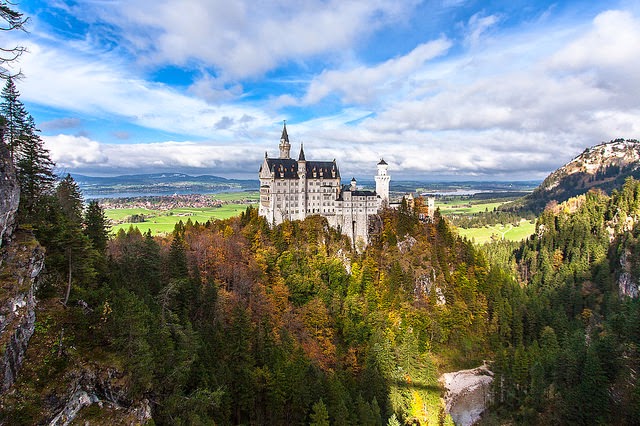




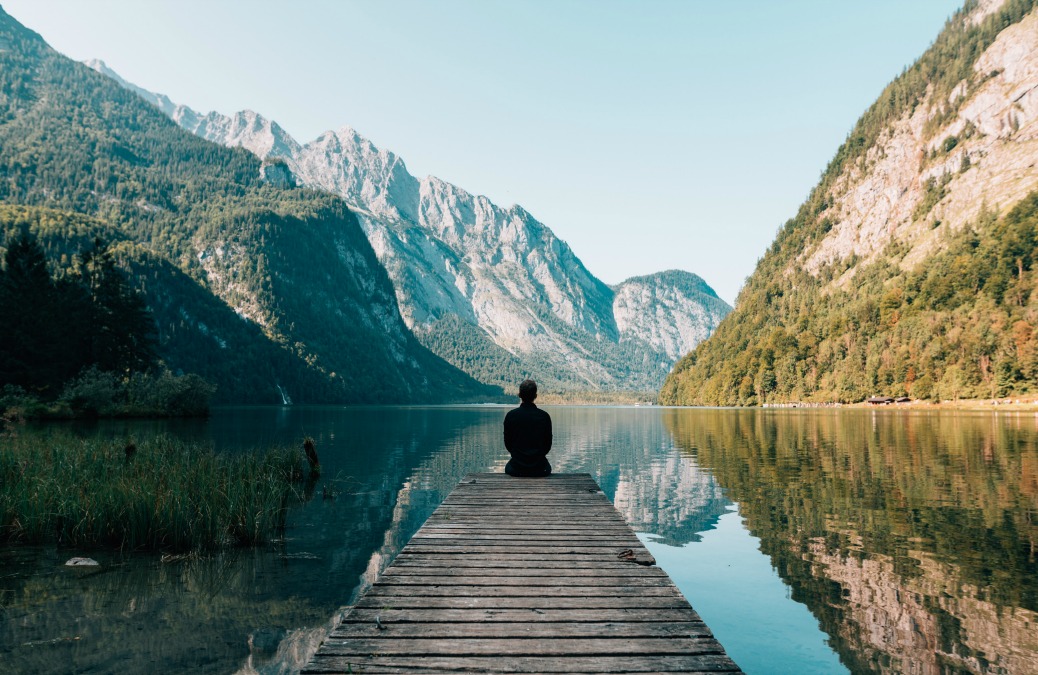

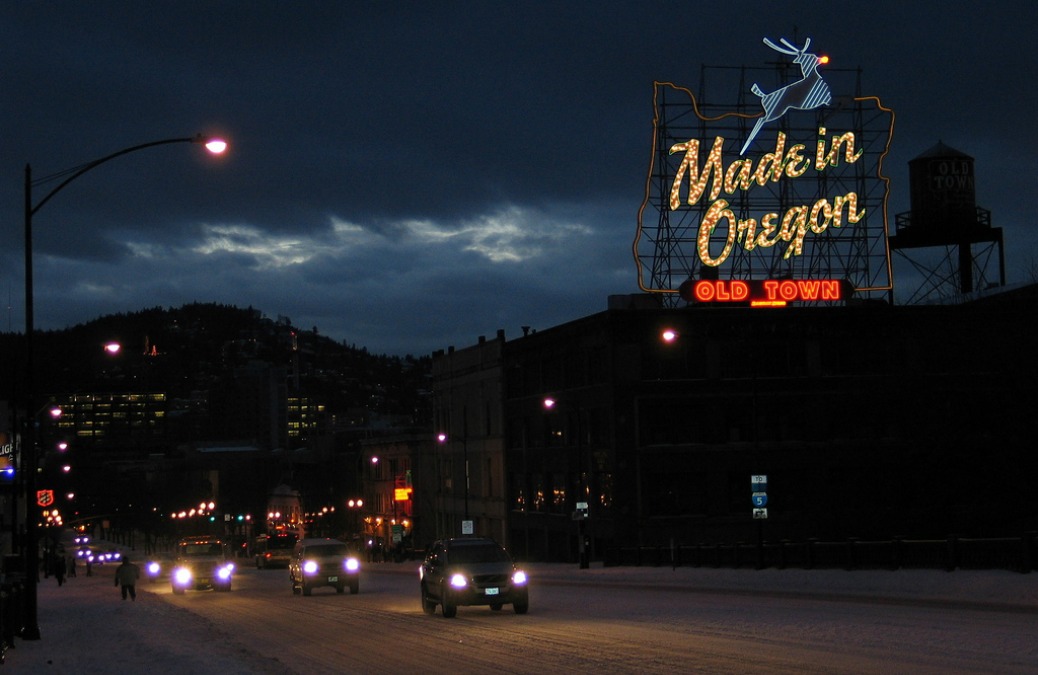
This is an excellent, very well-written guide. Danke, Ardith
I lived in Garmisch for a year after college, working in the tourist industry – this is bringing back such good memories! I have a couple more tips:
–If you visit Bavaria in the summertime, make sure you spend an afternoon or evening in a beer garden enjoying the glorious weather and late sunsets. You can generally get food there, too.
–If you’re interested in a day hike in the Alps, many mountains have huts halfway up where you can get a meal and a beer or juice. There’s nothing quite like hiking an hour or two up a mountain and enjoying the view with some refreshments before you head back down.
–Rail passes: each state in Germany, including Bavaria, offers a special day pass train ticket (in Bavaria, it’s called the “Bayern pass,” using the German name for the state), if you’re planning on traveling solely within a single state. There are some restrictions on times of travel, but these passes are usually by far the best deal if your travel plans qualify. It’s an especially good deal if you’re traveling in a small group as you can add extra people to the pass for a nominal fee.
–As is often the case in Europe, many employees in the tourist industry speak excellent English, though it’s polite to first greet someone in German before asking if they speak English. Of potential linguistic interest: Bavaria has a dialect of German all its own, called Bayerisch, so if you know German, some words may differ (e.g. a pretzel is “brez’n” not “brez’l”). Also, it’s a historically religious region, so the general greeting is not “Guten Tag” (good day) but “gruss Gott” (God’s greeting), especially in smaller towns.
Ooooh! So many good tips, Kelly!